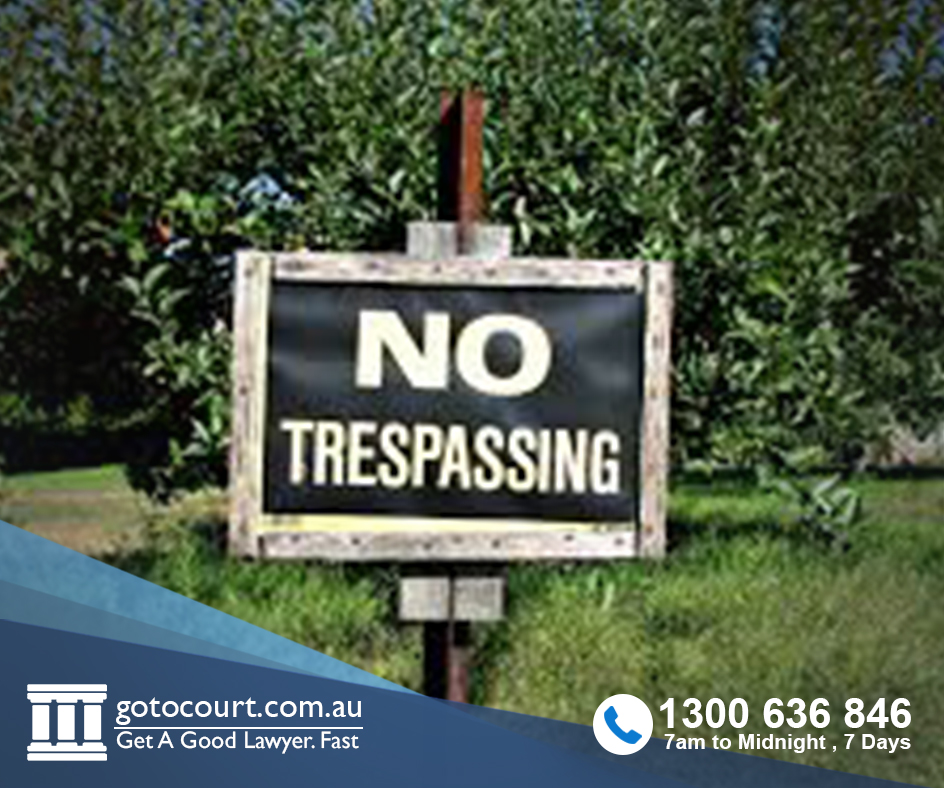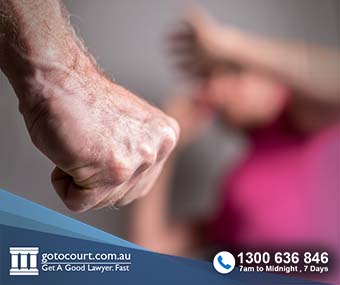Call our lawyers
now
or,
have our lawyers
call you
Community Based Sentencing Orders Queensland
Updated on Dec 23, 2022 • 5 min read • 331 views • Copy Link
Community Based Sentencing Orders Queensland
Under the Penalties and Sentences Act 1992, a Queensland court can impose a community service order when sentencing a person for an offence that is punishable by imprisonment. Community based sentencing orders in Queensland include any community service order, graffiti removal order, intensive correction order or probation order. They can only be imposed on a person over the age of 18. Before sentencing a person to a community-based order, the court may request a pre-sentence report on the offender’s suitability to undertake a community based supervision order. If the offender fails to comply with the order, they may be returned to court for re-sentencing.
Community Service Orders QLD
Community Service Orders (CSO) can be imposed for between 40 hours and 240 hours of community service work for offences punishable by imprisonment or for a regulatory offence. The court may choose not to record a conviction. The work must usually be performed within a year unless the court orders otherwise. They may be imposed on someone who is on a graffiti removal order or another community service order, as long as the work hours don’t exceed 240 hours.
If you are convicted of certain offences while in a public place and adversely affected by an intoxicating substance, the court must make a CSO, whether or not it also makes another type of order. It can however not make the order if it accepts that, because of any physical, intellectual or psychiatric disability you have, you are not capable of complying with a CSO.
Queensland Courts may order a CSO if the work doesn’t conflict with your religious beliefs or interfere, as far as practicable, with family, educational or employment obligations and you:
- Have a limited criminal history.
- Don’t suffer from a medical or psychiatric condition which prevents you doing the work.
- Haven’t repeatedly breached previous orders.
- Have community service available in the area where you live.
- Understand and agree to obey the conditions of the order.
While on the order you must:
- Not commit another offence.
- Report to corrective services and receive visits as directed.
- Satisfactorily perform the work.
- Notify any change of residence or employment within 2 business days.
- Not leave Queensland without permission.
- Comply with every reasonable direction of corrective services.
If you are convicted of a graffiti offence in Queensland the court may or may not record a conviction against you. However, you will be required to do unpaid graffiti removal, unless the court is satisfied that, because of any physical, intellectual or psychiatric disability you are not capable doing so. The order can be for up to 40 hours and must usually be performed within a year of being made. If the court also makes a community service order, the total hours cannot exceed 240. The graffiti removal order must contain certain requirements. You must:
- Not commit another offence while on the order.
- Report to and receive visits from corrective services as directed.
- Satisfactorily perform the graffiti removal service for the number of hours in the order when directed.
- Notify corrective services of any change of residence or employment within 2 days.
- Not leave Queensland without the permission of corrective services.
- Comply with any directions from corrective services.
Intensive Corrections Orders can be made for up to 12 months and they are served in the community. However, if you breach the order you will serve the rest of your sentence in prison. The order can specify the amount of hours per week (to a maximum of 12) of community service and program attendance. You may be suitable if:
- You agree to comply with an order; and
- You haven’t been sentenced to prison before, or have only served several short sentences; or
- You are a first or second time offender convicted of more serious offences.
While on the order, you will need to;
- Commit no offences.
- Report to a corrective services and/or receive visits as directed.
- Attend counselling and programs as directed.
- Perform community service for up to 12 hours per week.
- Live at a community residential facility for up to 7 days if directed.
- Notify changes of employment or residence within 2 business days.
- Not leave Queensland without permission.
- Comply with any other conditions the court imposes or corrective services directs.
Probation Orders can be imposed for offences punishable by prison or for a regulatory offence. The court can make an order for between 6 months and 3 years and may decide not to record a criminal conviction. However, if the order is breached and you are re-sentenced, they must record a conviction. You may be suitable if you are willing to comply with the order and you:
- Have limited criminal history.
- Are not on a suspended prison sentence.
- Show a capacity to address your offending behaviour.
- Are likely to benefit from supervision and guidance.
While on the order you must:
- Not commit any offences.
- Report to corrective services and receive visits as directed.
- Take part in counselling and attend other programs as directed.
- Notify any change of residence or employment within 2 business days.
- Not leave Queensland without the permission of corrective services.
- Comply with corrective services directions.
If you require legal advice or representation in any legal matter, please contact Go To Court Lawyers.


Affordable Lawyers
Our Go To Court Lawyers will assist you in all areas of law. We specialise in providing legal advice urgently – at the time when you need it most. If you need a lawyer right now, today, we can help you – no matter where you are in Australia.How It Works








1. You speak directly to a lawyer
When you call the Go To Court Legal Hotline, you will be connected directly to a lawyer, every time.


2. Get your legal situation assessed
We determine the best way forward in your legal matter, free of charge. If you want to go ahead and book a face-to-face appointment, we will connect you with a specialist in your local area.


3. We arrange everything as needed
If you want to go ahead and book a fact-to-face appointment, we will connect you with a specialist in your local area no matter where you are and even at very short notice.











